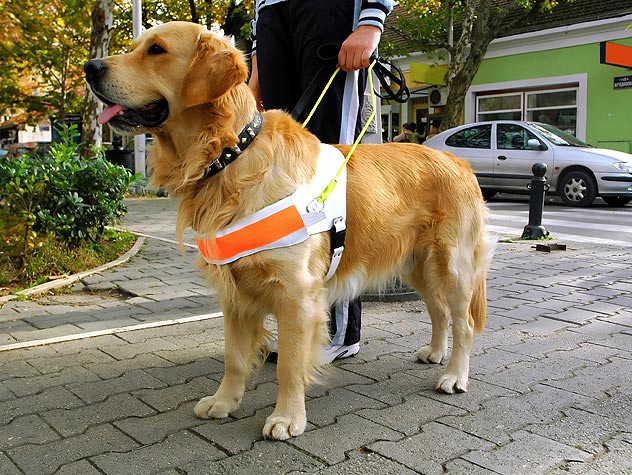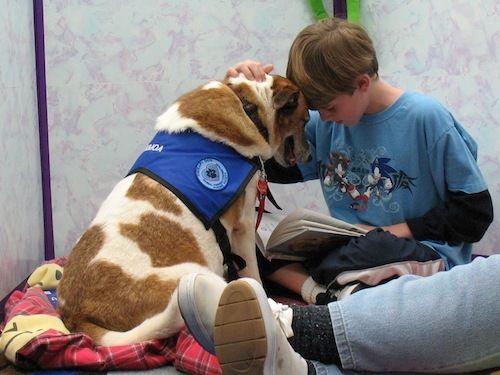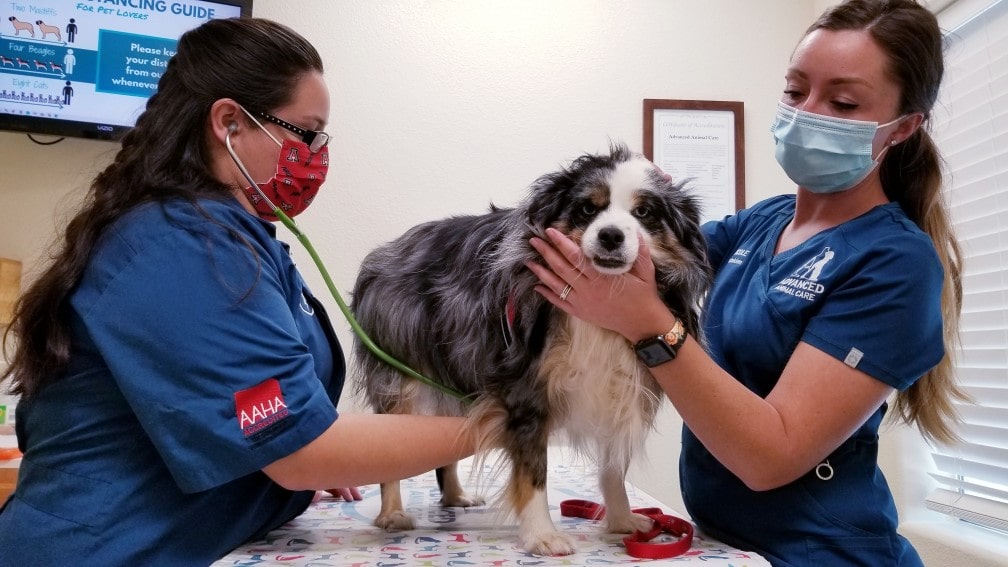Apart from being an all-around great companion, dogs can also help people in many ways. They can be a part of emergency rescue and search operations, assist people with physical disabilities, and heal mental conditions.
Dog therapy is an interesting and developing project in the world of psychiatry. Nowadays, there are therapy dogs that help people with Post-traumatic Stress Disorder (PTSD), depression, and autism in children.
Role of Therapy dogs
Therapy dogs are gentle, calm companions that perform a lot of different jobs. They are assigned to individuals that require special care. These dogs are trained to provide comfort and affection to the people in need.
Places & situations where therapy dogs are most commonly utilized are:
- Hospitals
- Retirement homes
- Schools
- Disaster areas
- Autistic people
Please note that therapy dogs are not service dogs who act as pets to their owners and help them with their daily living. These are trained dogs and are used for a short period of time to help people cope up with specific issues.
Dog therapy or Animal- Assisted Therapy (AAT) is guided by a health professional and is specially designed to assist people to improve their physical, emotional, or mental health illnesses.
These dogs have expert handlers. These handlers take them to clients during therapy sessions. They provide comfort, support, and help engage people to make them feel relaxed and calm.
The most widely used dog therapy is helping children with autism. Apart from this, they help people overcome a variety of mental health problems including dementia, depression, memory loss, and PTSD.
How does a dog therapy session happen?
It usually includes a therapist, the dog, and its handler. They all work together over a series of sessions to help an individual cope with a mental disorder. The sessions can take place in a variety of places including nursing homes, mental hospitals, private clinics, group sessions, etc.
These dogs also help people deal with anxiety and stress. Therapy dogs can make a safe bond with a patient and listen to them without being judgmental. Dog’s accepting nature makes them good for this therapy role. The presence of dogs is comforting and offers a calming effect on people.
Benefits of pet therapy
- Reduces anxiety
- Increased sense of comfort and safety
- Helps in reducing the feeling of loneliness.
- Encourages self-esteem and confidence
Spending time with therapy dogs can help people with emotional and mental issues cope with their problems. Studies have shown that therapy dogs help improve the quality of life of people suffering from anxiety, depression, PTSD, and many more.
If you want to read more articles like these, subscribe to our newsletter below!

 DogExpress
DogExpress



















 in Chandigarh, India.
in Chandigarh, India. 
